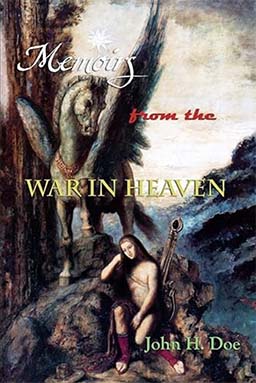> From this.
What if, at the end of the day, Romeo and Juliet were not meant for each other? And it was exactly this quality that made them what they were? What if “meant to be” is actually really boring, and what that really is is all the people who got together without the drama, married and had kids, who had kids, and they grew old, and died, and that was the whole story? When the entire world is against you, after dropping hint after hint, what you get is one stolen night, and then that entire world catches up to you — death is almost inevitable. Some sort of horrible tragedy, at least. But that’s Romeo & Juliet, right? There is no way it would have been anywhere near as romantic had they not both died at the end, being a hairsbreadth from getting away with the perfect crime.
Whether this means that it was true love, after all, or that it was not, is just because when one thinks of true love, one’s mind immediately jumps to the concept “meant to be” — maybe I’ll leave that as an exercise for the reader. Is this an example of love’s true nature? I think not. It is an exception, and that is precisely why it is so prized as a story, as an experience. Maybe I am leaning in one direction, then. One idea of true love: if you love, truly, what else need it be? When you say, “I love you,” are you telling the truth? That’s it then. Maybe that’s all true love is meant to be. The nature of the world can be seen in this way, too: that the most ordinary of people can experience the most extraordinary of phenomena. For free. And I rather like that way of looking at the world.


